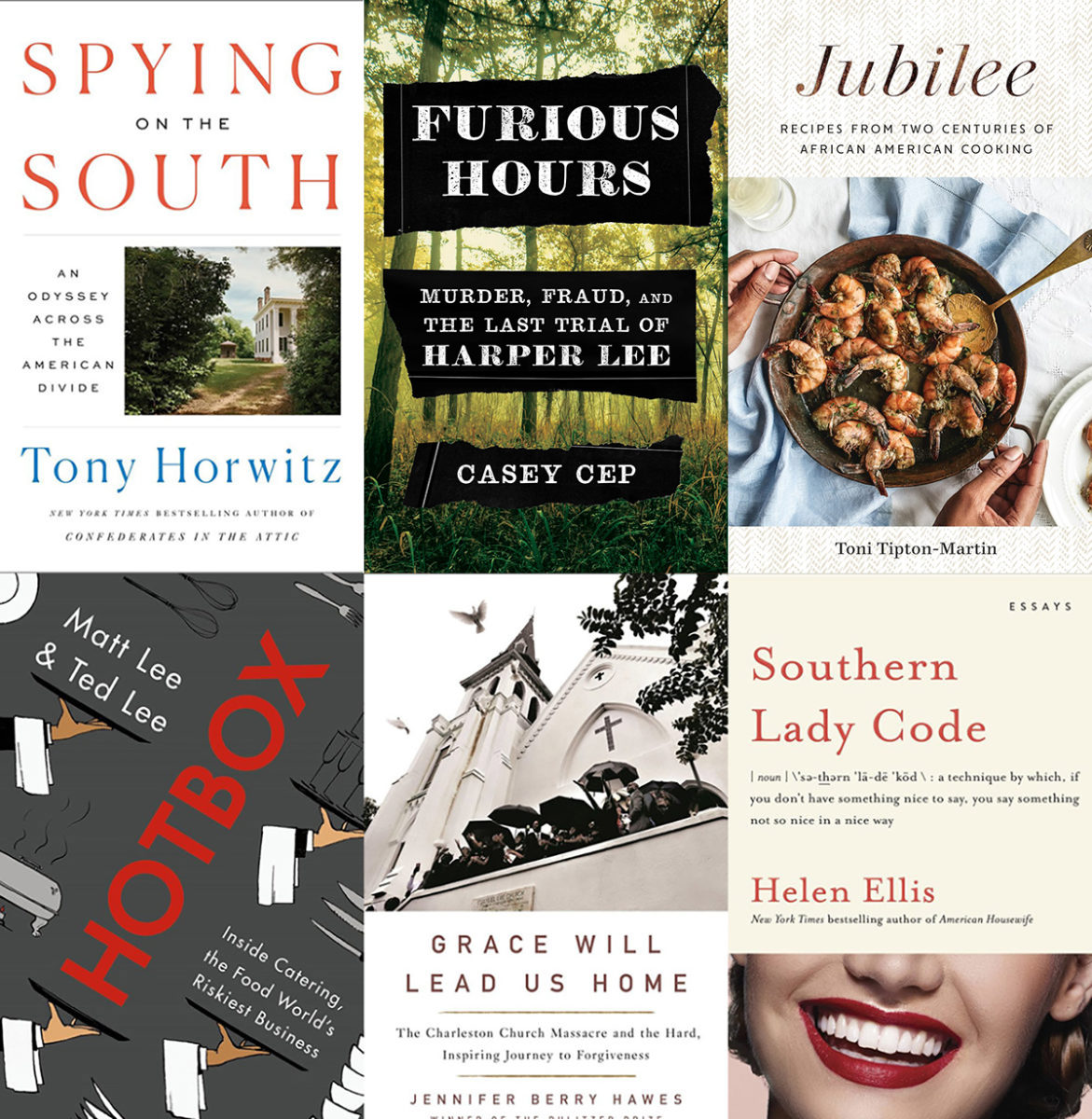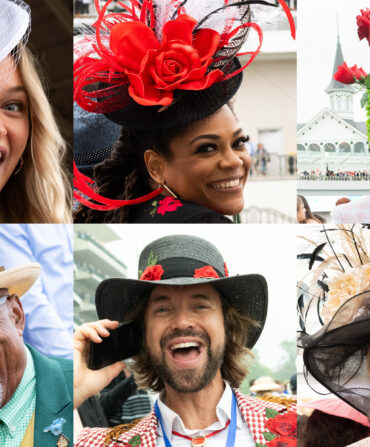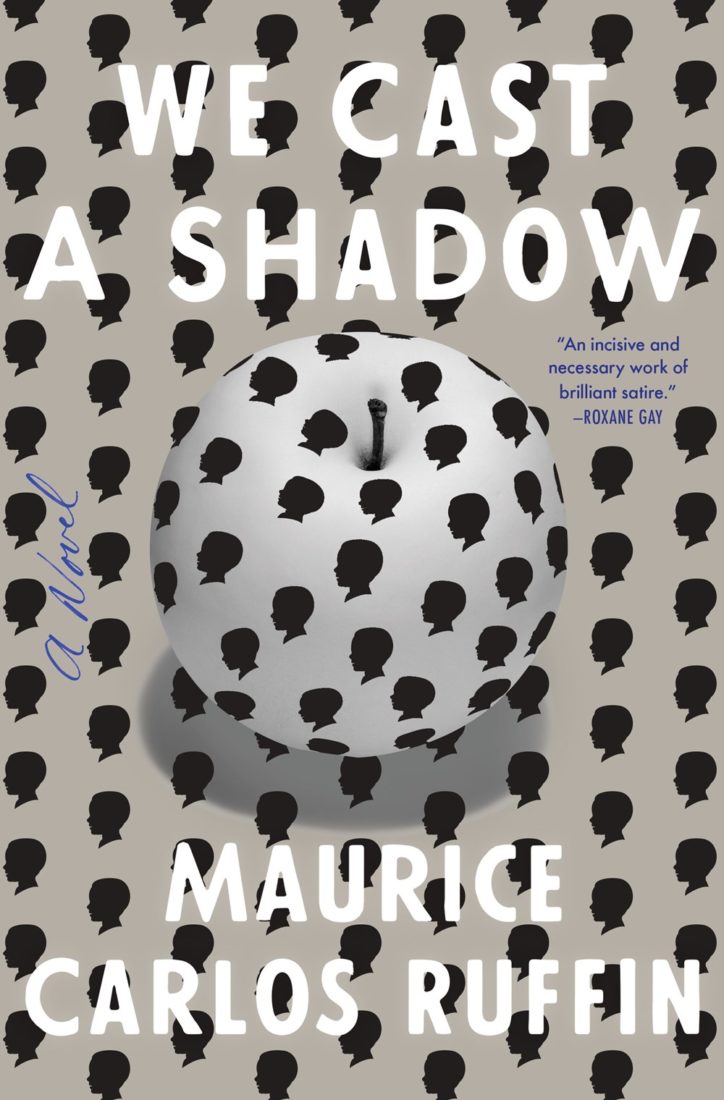
We Cast a Shadow, by Maurice Carlos Ruffin
An ambitious debut novel, We Cast a Shadow is a surrealistic satire about identity, race, and family relations in an unspecified Southern city in the near future. Ruffin, who is a New Orleanian, counts among his influences Toni Morrison, and penned an ode to New Orleans streetcars for Garden & Gun.
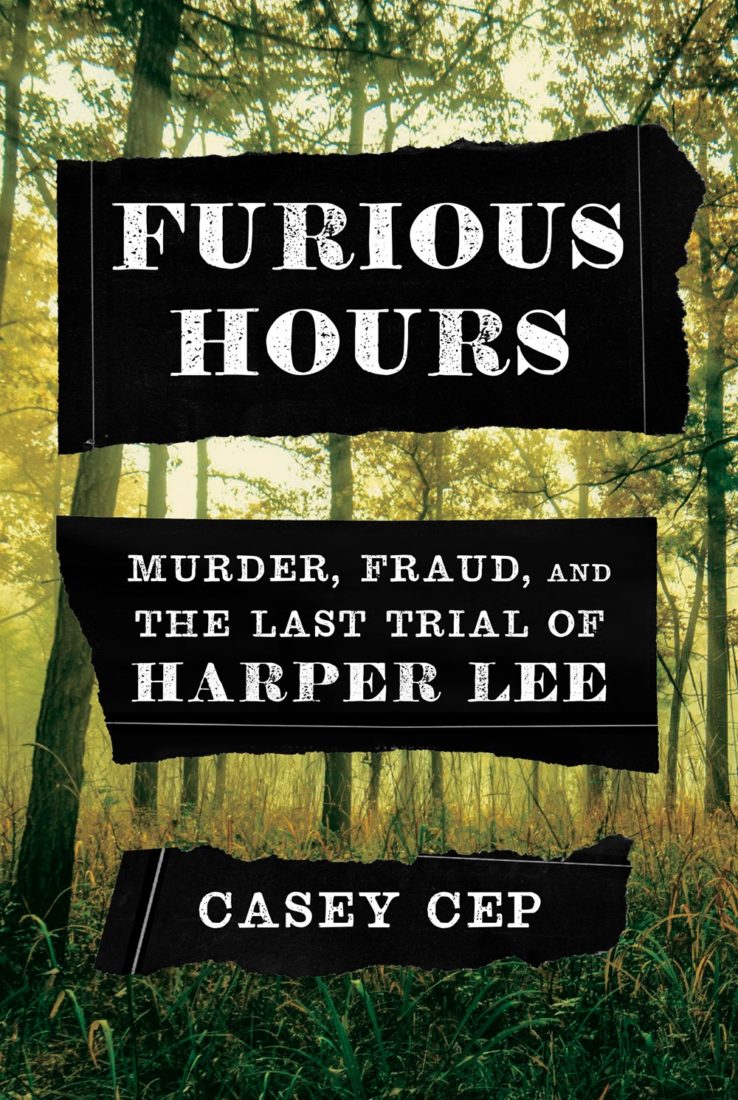
Furious Hours: Murder, Fraud, and the Last Trial of Harper Lee, by Casey Cep
Fans of Harper Lee might not know this about the author: After To Kill a Mockingbird, she worked tirelessly on a true-crime book about an Alabama serial killer. This riveting account of both the murders and Lee’s reporting, writing, and editing process is fascinating for its behind-the-scenes study of one of the South’s cherished creative minds.
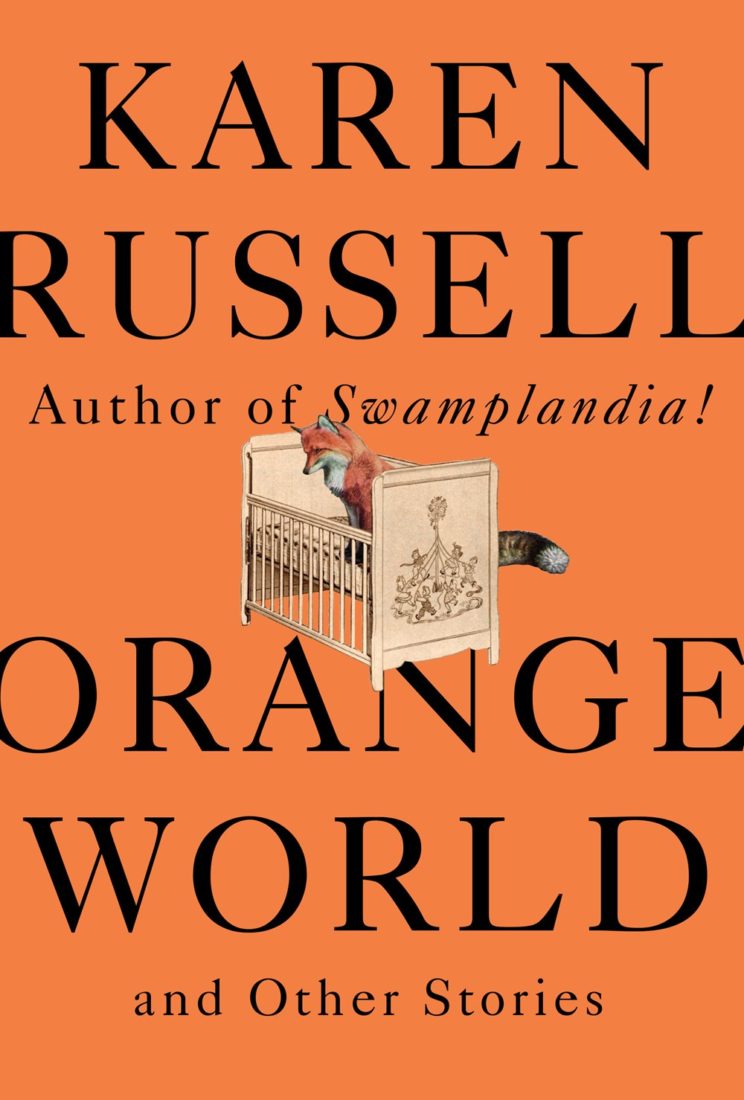
Orange World and Other Stories, by Karen Russell
In the opening tale of Karen Russell’s Orange World, two Florida girls flee hotel jobs, go prospecting for adventure out West, and take a chairlift to a party in an avalanche-crushed lodge where their dance partners are ghosts with eyes of gold. That kind of surreal storytelling made the Miami-raised author’s debut novel, Swamplandia!, a Pulitzer finalist, and blooms madly again across these eight stories. It’s tempting to say Russell showers Florida funk on the rest of the world, but her writing knows no bounds—it’s otherworldly.
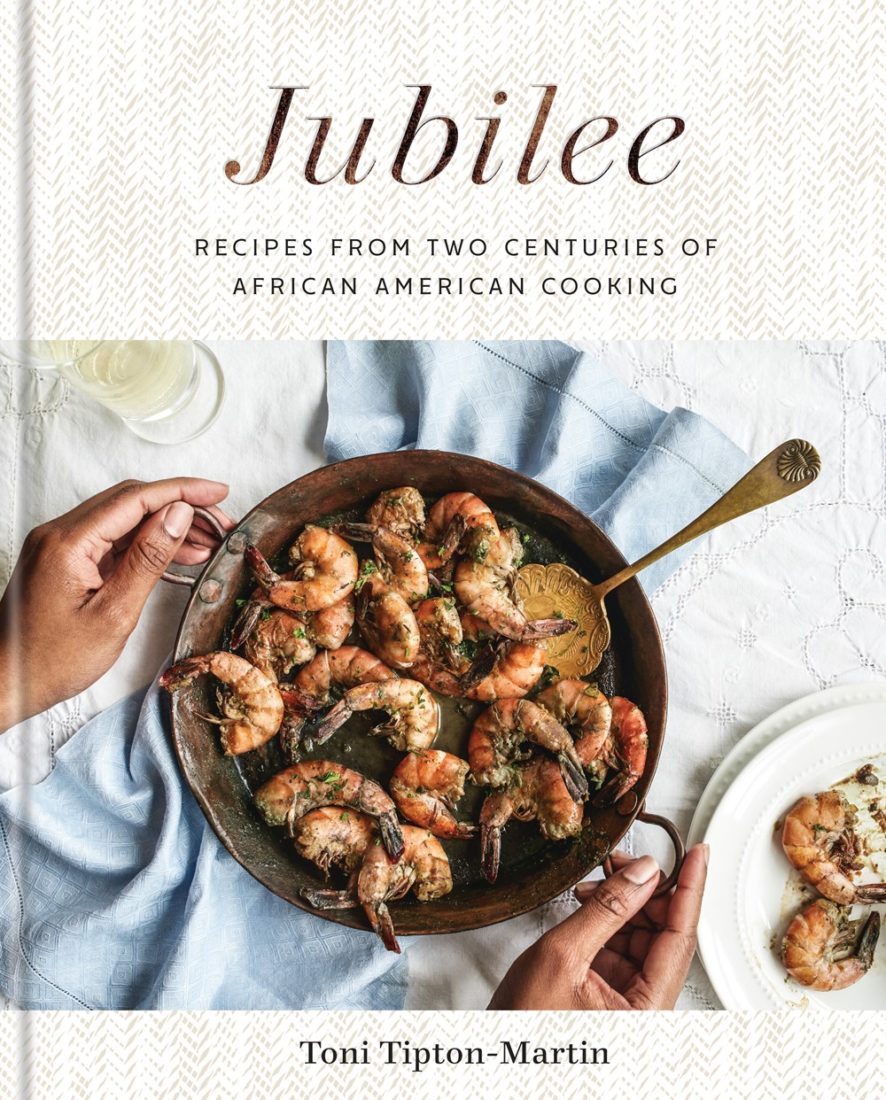
Jubilee: Recipes from Two Centuries of African-American Cooking
By Toni Tipton-Martin
With The Jemima Code, Toni Tipton-Martin unveiled a world of African American cooking that had nearly been lost to history. Now, with her follow up, Jubilee, she invites readers—and eager cooks—to taste it with dishes inspired by her extensive research. Readers expecting a soul food compendium are in for a pleasant surprise. Yes, there’s cornbread—five different takes on it—but there’s also Sweet Potato Bread, inspired by Mildred Council’s Mama Dip’s Family Cookbook, and Rice Muffins, informed by the experience of Lessie Bowers, a mid-twentieth-century South Carolina cookbook author. There’s gumbo, but also crawfish bisque; rum punch and Champagne cocktails. Read more about Tipton-Martin and her work here.
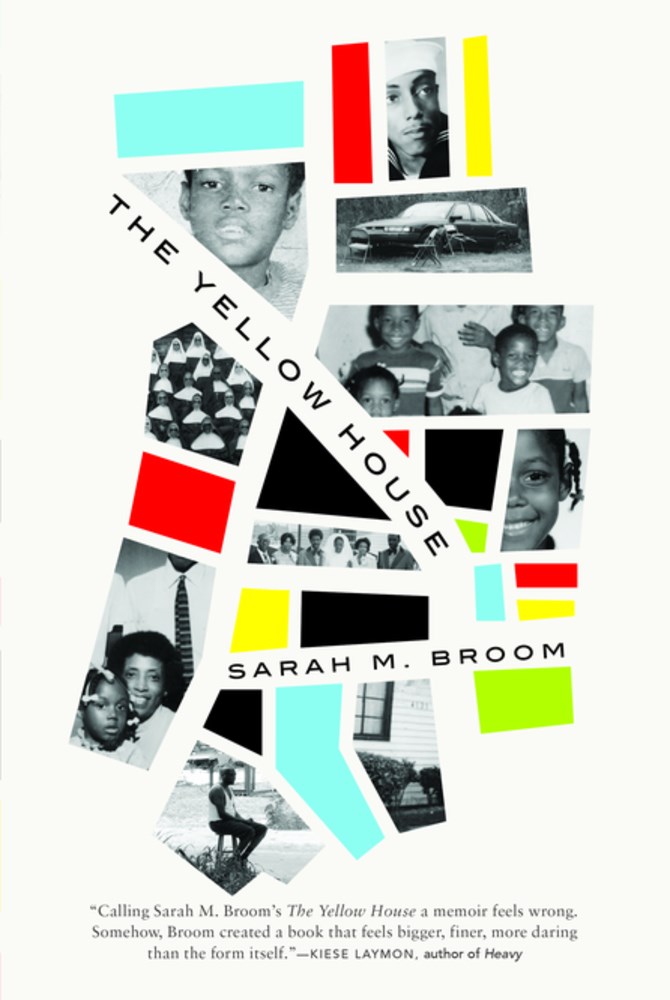
The Yellow House, by Sarah M. Broom
Less than ten miles from the vibrant French Quarter, the struggling New Orleans East neighborhood doesn’t appear on tourist maps. And the shotgun house where Sarah M. Broom’s mother raised twelve children doesn’t exist there anymore since the city deemed it a danger and demolished it after “the Water”—Hurricane Katrina. Inspired by a favorite James Baldwin line, “I decided to return here because I was afraid to,” Broom’s first book mines her family’s relationship to New Orleans, and the house—a place her body can never revisit but where her mind wanders still.
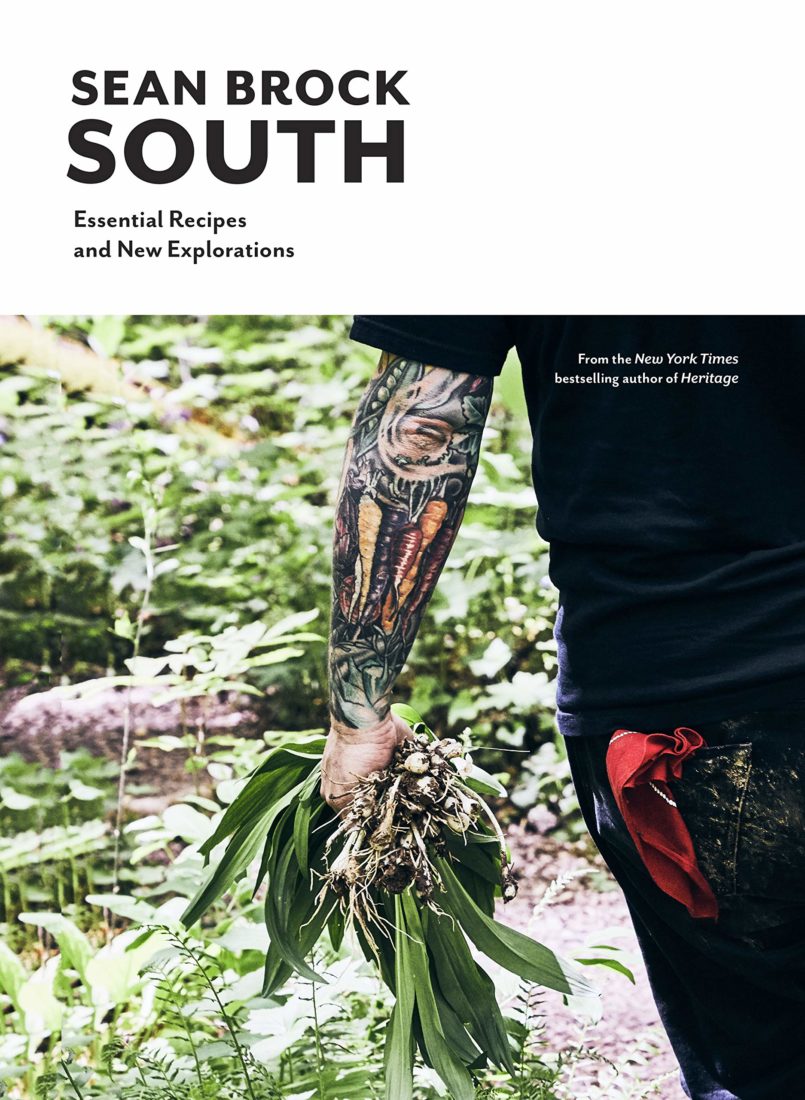
South: Essential Recipes and New Explorations, by Sean Brock
“I have big, big, big plans for kudzu,” the chef Sean Brock told us in an interview about his new restaurants and long-awaited second cookbook, South. After making his name with Lowcountry cuisine, Brock has turned his focus back to the Appalachian foods he grew up with in rural Wise County, Virginia. “The book is designed to teach people to cook and look at food the way I do,” he says. “It starts with going shopping, picking what is the most vibrant, and then searching through your ideas and recipes and your knowledge, and then allowing the dish to come from that.”
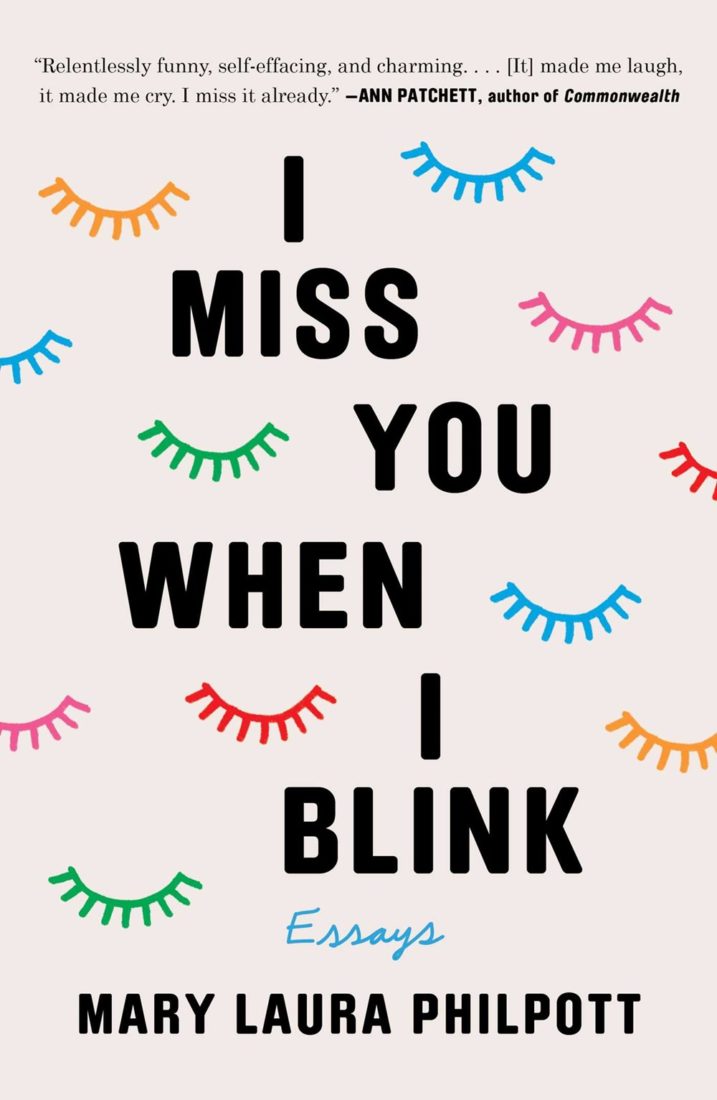
I Miss You When I Blink: Essays, by Mary Laura Philpott
The Nashville author Mary Laura Philpott’s son once told her, “I miss you when I blink,” and it made her realize she missed herself. The result of that minor mid-life crisis is this delightfully personal but relatable collection of essays-as-memoir that puts Philpott in league with Elizabeth Gilbert, Nora Ephron, and Cheryl Strayed. Among the many moments that shine: The tale of Philpott’s mother, who upon realizing her baby was scrawny, put her immediately on a diet of banana pudding. There is a charming “after” photo.
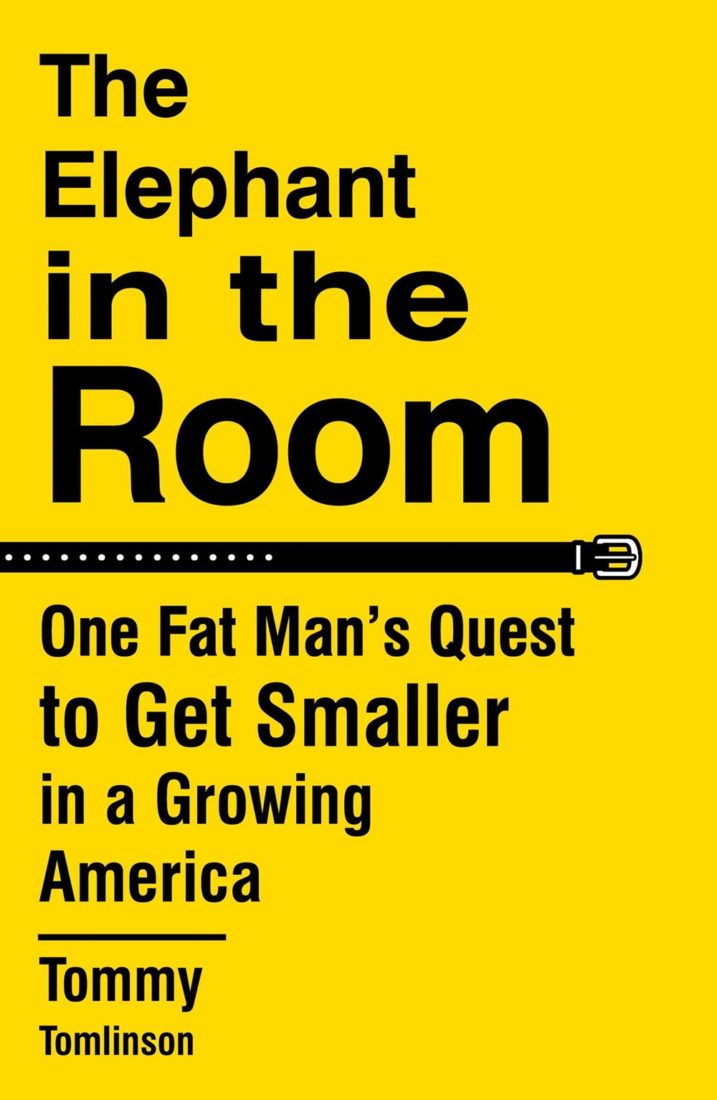
The Elephant in the Room: One Fat Man’s Quest to Get Smaller in a Growing America, by Tommy Tomlinson. Raised on Georgia’s St. Simons Island, G&G contributor Tommy Tomlinson has early memories of fried catfish and biscuits. At the University of Georgia, he made friends over bourbon and Cokes. By the time the Pulitzer Prize finalist and long-time Charlotte Observer columnist was fifty, he weighed 460 pounds. Here, he shares his moving and at turns funny account of what life is like for a Southerner who carries extra weight.
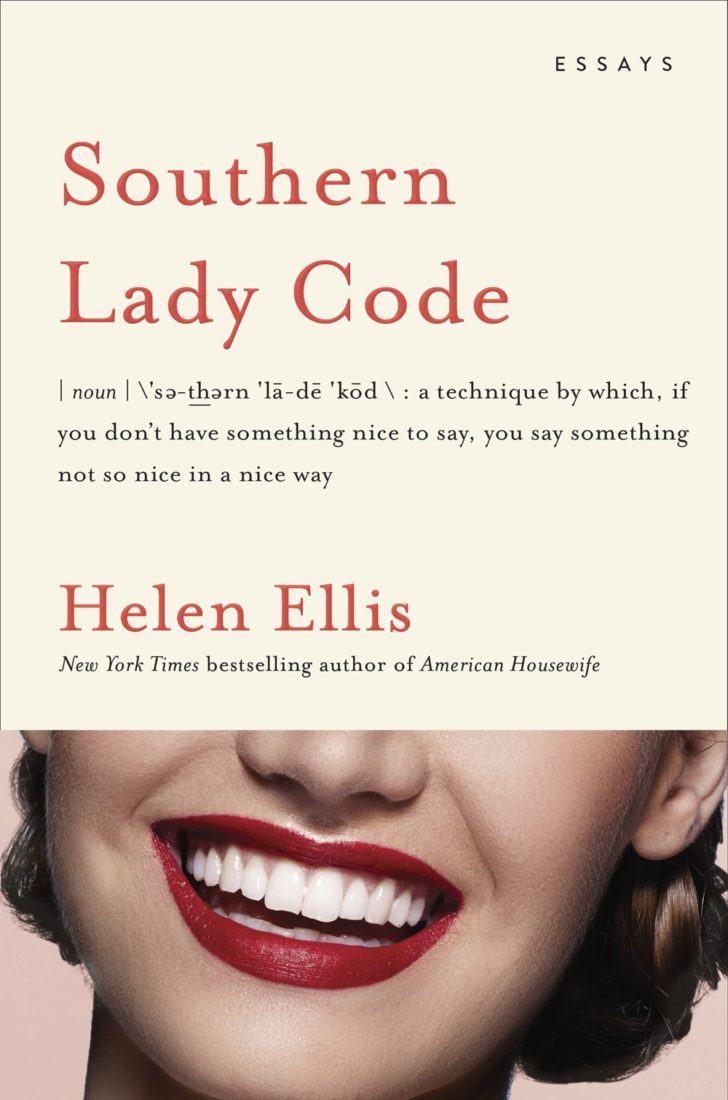
Southern Lady Code: Essays, by Helen Ellis
In this spit-out-your-bourbon-funny essay collection, Helen Ellis greases together such topics as thank-you notes, why the trend of “tidying” can address antiques hoarding, and how to force-feed a cheese log to a guest: “Slather some on a Ritz cracker and choo-choo it toward her mouth,” Ellis writes. “One bite and she’s speaking in a Southern accent.”
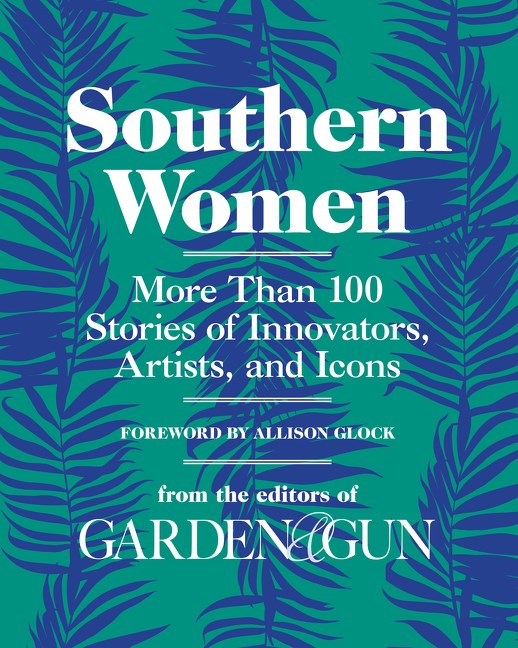
southern-women-book-list
Southern Women: More Than 100 Stories of Innovators, Artists, and Icons, by the Editors of Garden & Gun
Admittedly, we’re a little biased here. Our latest book celebrates the creative and inspiring women of the South through photographs, essays, and interviews. Among the women honored are comedian Amy Sedaris, Sissy Spacek, Loretta Lynn, the Texas rancher Minnie Lou Bradley, and Mary Margaret Pettway, the Gee’s Bend, Alabama quilter who guides love and memory with each stitch.
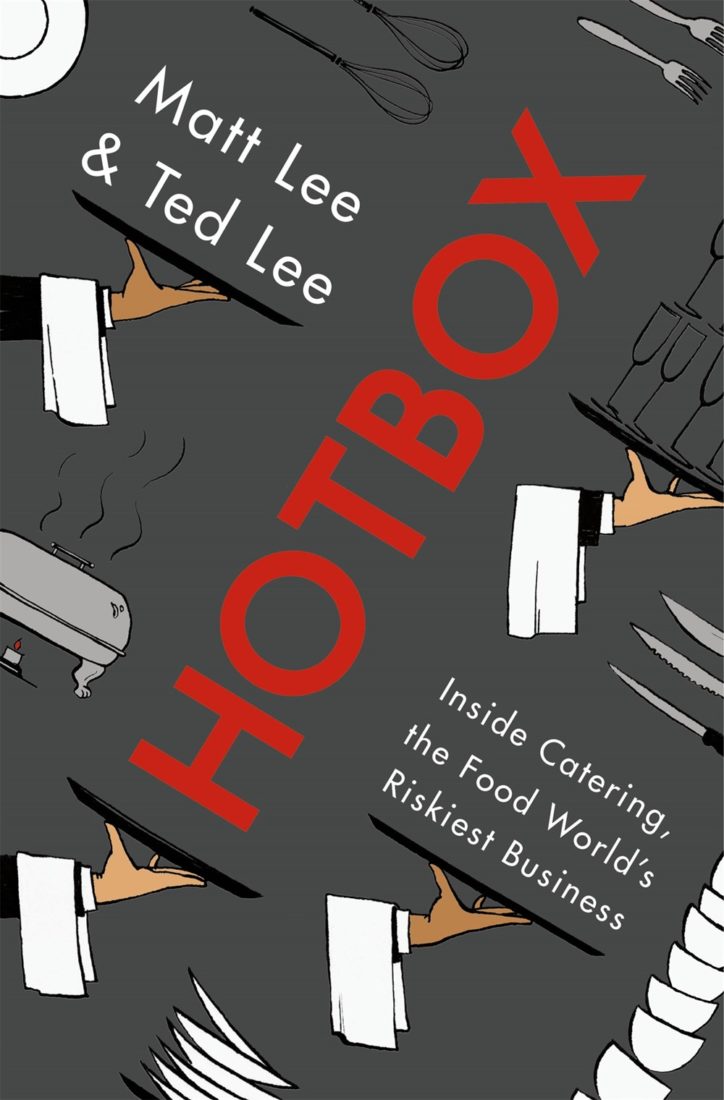
Hotbox: Inside Catering, the Food World’s Riskiest Business, by Matt Lee and Ted Lee
The chapter titles in this riveting tell-all about the catering business by Charleston-raised food authors and brothers Matt Lee and Ted Lee share a hint of the drama to be found in the pages—and in the largely hidden world they unveil: “The Client is (Almost) Always Right;” “The Happy Couple Fancied Themselves Food Curators;” “Sixteen Hundred Deviled Eggs.”
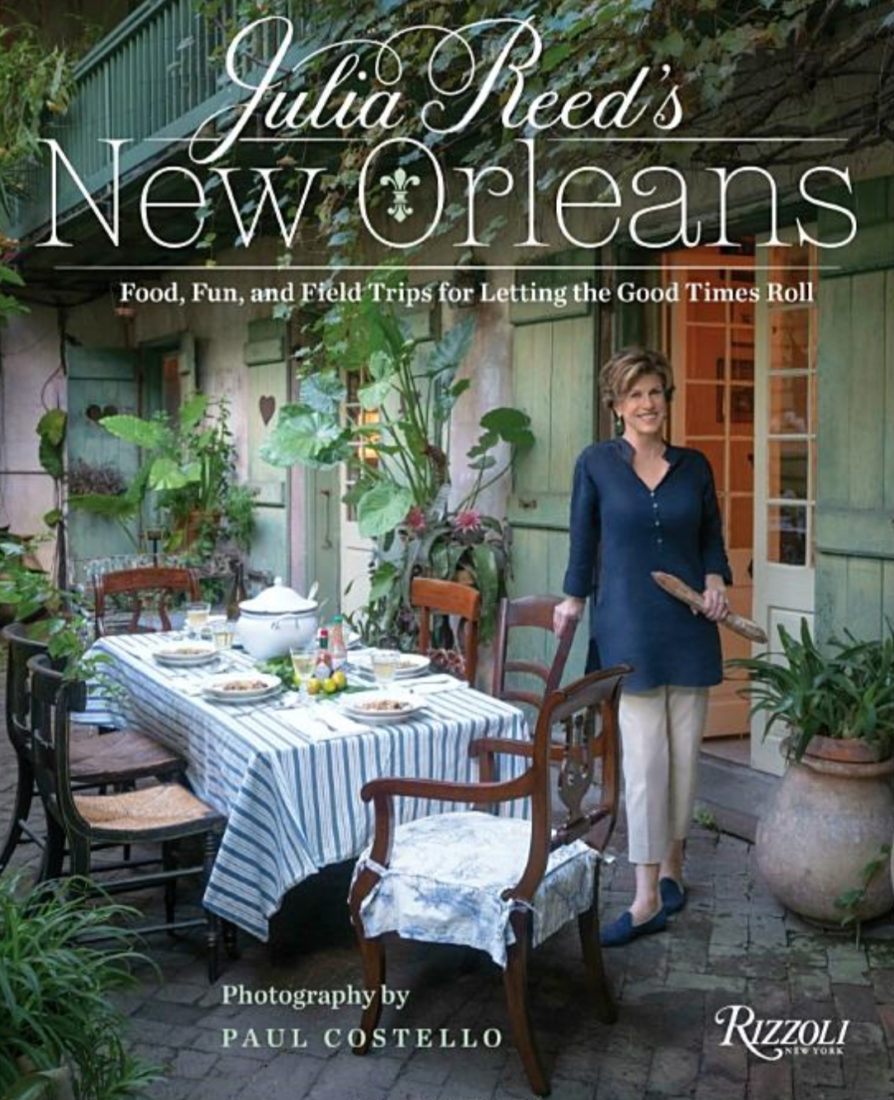
Julia Reed’s New Orleans: Food, Fun, and Field Trips for Letting the Good Times Roll, by Julia Reed
In the follow-up to Julia Reed’s South, the author gets graciously specific, penning a guide to food and fun in her beloved New Orleans. Full of entertaining ideas, lush photos by Paul Costello, and recipes G&G readers will want to try immediately—satsuma margaritas and seafood gumbo—this book is also stuffed with tips about where to get the best po-boys and Sazeracs, all told with Reed’s signature candor.
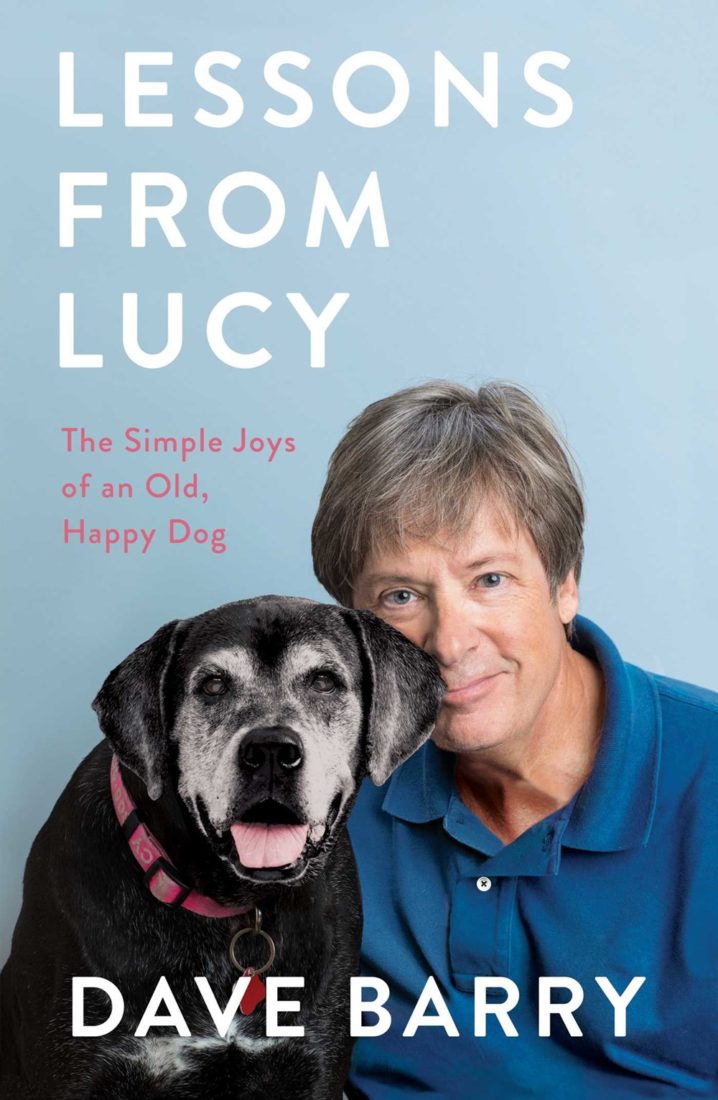
Lessons From Lucy: The Simple Joys of an Old, Happy Dog, by Dave Barry
All the classic trappings of beloved Florida humorist Dave Barry are here—the dad jokes, the wry observations, the charming self-sabotage: “AARP, as you probably know, is the last sound you make before you die.” But there’s also something gentler at work in this ode to Barry’s patient mutt named Lucy—the effect of a dog who loves unconditionally.
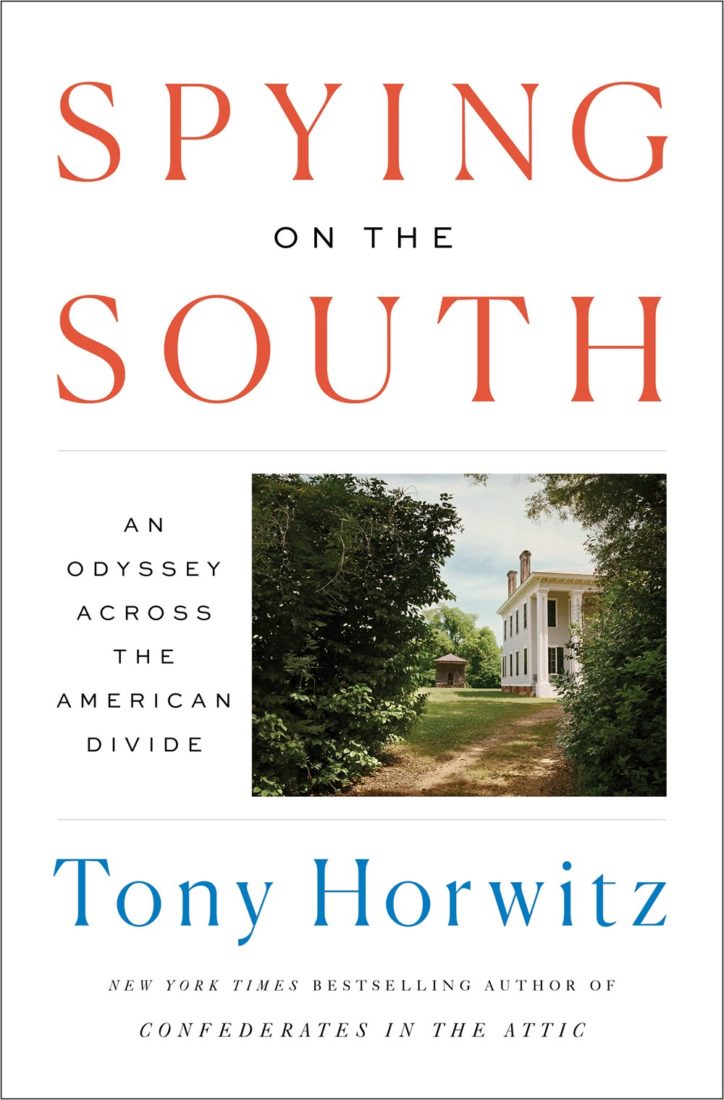
Spying on the South: An Odyssey Across the American Divide, by Tony Horwitz
Before he became America’s most famous landscape architect, Frederick Law Olmsted was a journalist who traveled the South for fourteen months in the 1850s. In a can’t-put-it-down travel narrative through the deep South, the late author Tony Horwitz retraces Olmsted’s path, noting the influences of Southern plants on many of Olmsted’s later designs, and adding his own observations and musings on the changes—and consistencies—of the South.
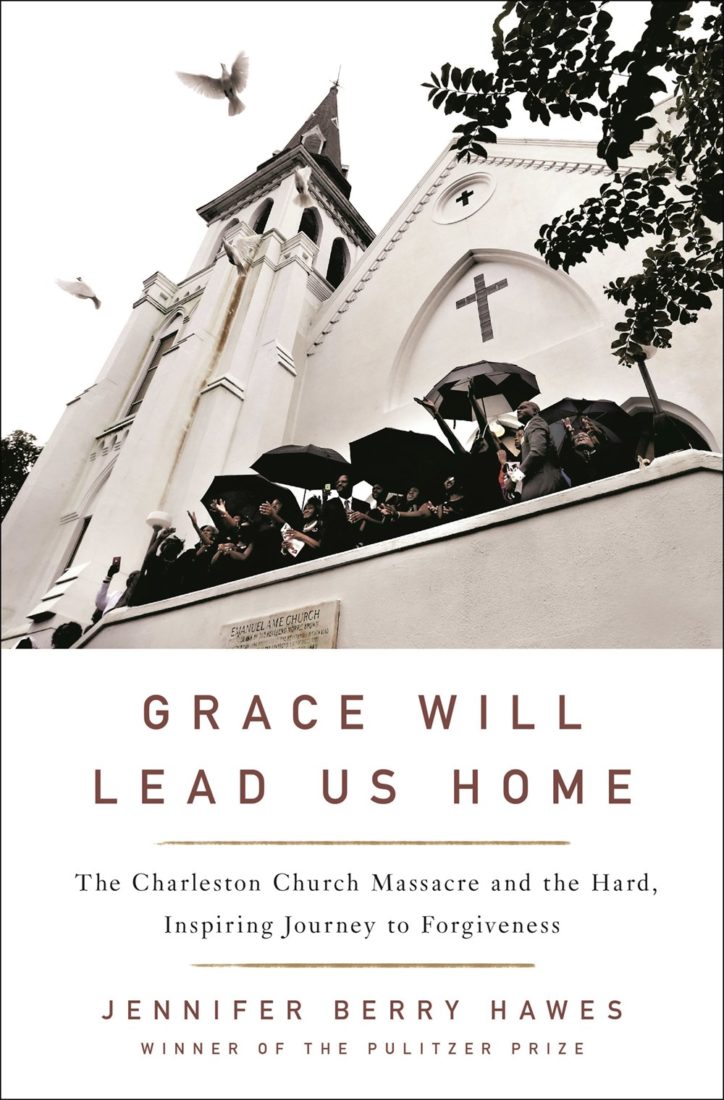
Grace Will Lead Us Home: The Charleston Church Massacre and the Hard, Inspiring Journey to Forgiveness, by Jennifer Berry Hawes
“Across the South, we have a deep appreciation of history—we haven’t always had a deep appreciation of each other’s history,” the late Rev. Clementa Pinckney once said. The Pulitzer Prize winning journalist Jennifer Berry Hawes’s new book is dedicated to Pinckney and the eight other Emanuel AME Church congregants who were murdered at their bible study in 2015. But Grace Will Lead Us Home is more than a recounting of the crime and its aftermath—building on her connections to the family members of those who were killed, Hawes reflects on the power of anger, pain, and forgiveness in this moving and personal look at a group of people whose legacies are shaping today’s South.
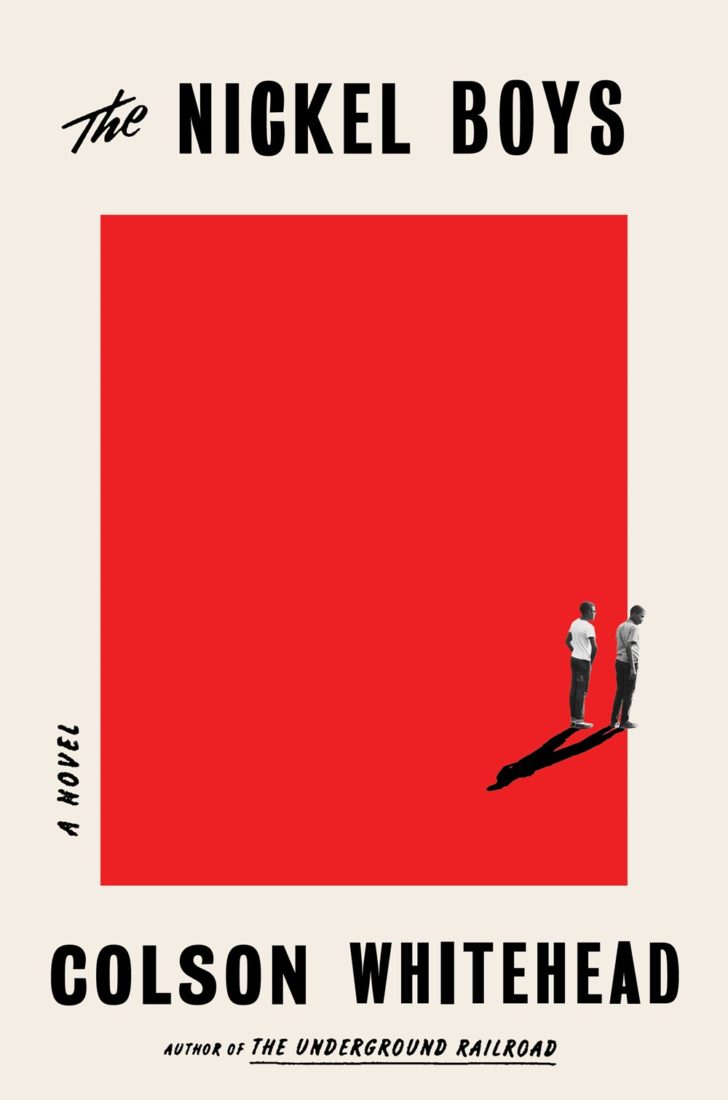
The Nickel Boys, by Colson Whitehead
Colson Whitehead, the Pulitzer Prize–winning author of The Underground Railroad, applied his adept fiction skills to write a novel based on a real-life horror story: the saga of the abuse at the Dozier reform school in Marianna, Florida, where fifty-one sets of human remains have been exhumed over the last decade. His book is based on the school, and as G&G contributing editor Jonathan Miles writes in his review, “The Nickel Boys unsettles, startles, shocks, and then ultimately devastates.”
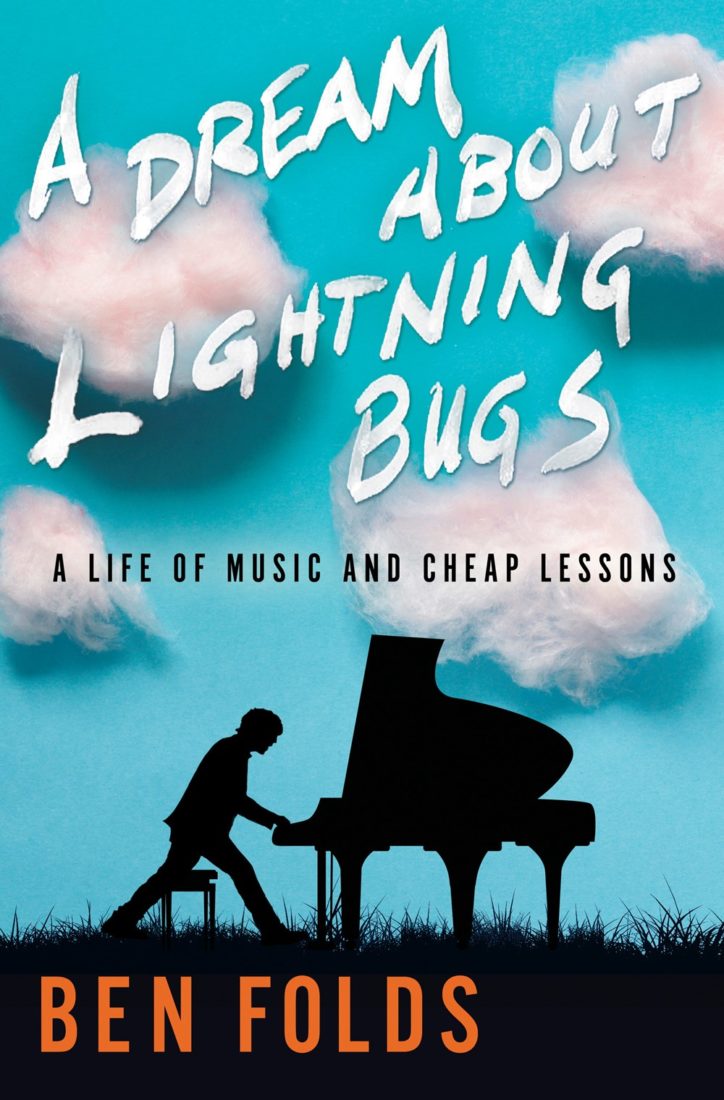
A Dream About Lightning Bugs: A Life of Music and Cheap Lessons, by Ben Folds
Before the 1997 hit song “Brick,” and before he performed with symphonies across the country, the piano player and songwriter Ben Folds was a self-described “weirdo” who listened to records eight hours a day and learned to play multiple instruments while growing up in Winston-Salem, North Carolina. In this memoir, Folds weaves stories about his family and his own life with unvarnished just-do-it advice to writers, musicians, and creative folks of all kinds, weird or not. Read our interview with Folds here.
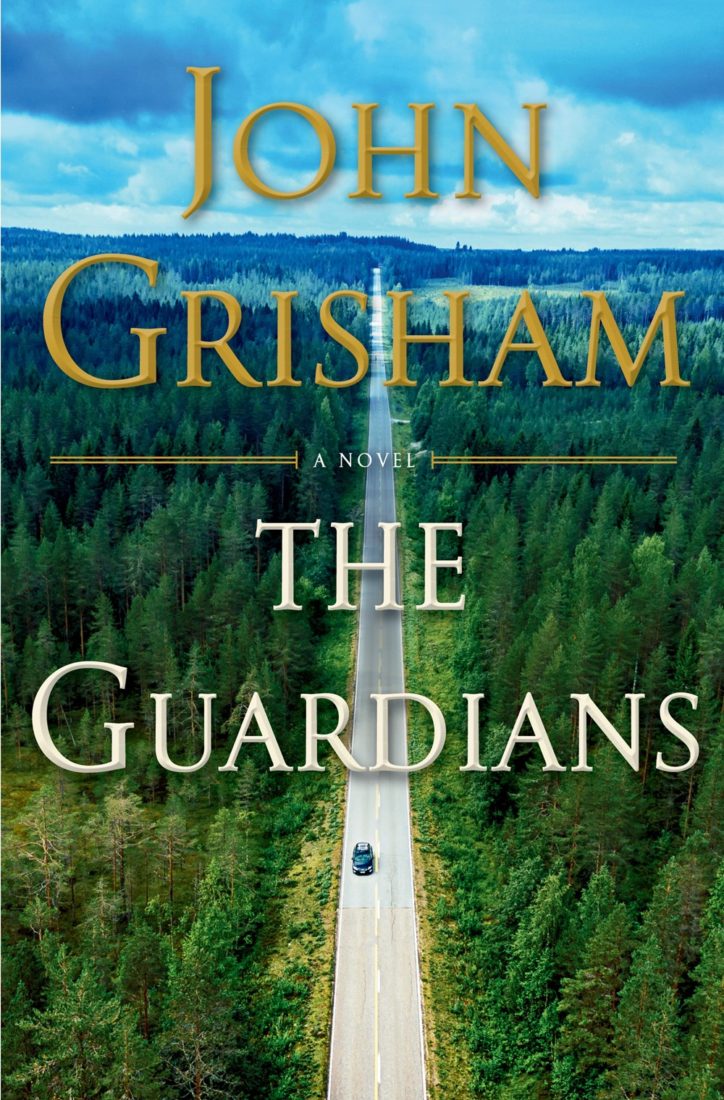
The Guardians: A Novel, by John Grisham
Grisham is back with another hit, this one based on a lawyer’s murder plus a case of wrongful conviction set in the fictional small Florida town of Seabrook. The setting may be partially inspired by Grisham’s time on Amelia Island, Florida, a place he paid tribute to in this ode for G&G.
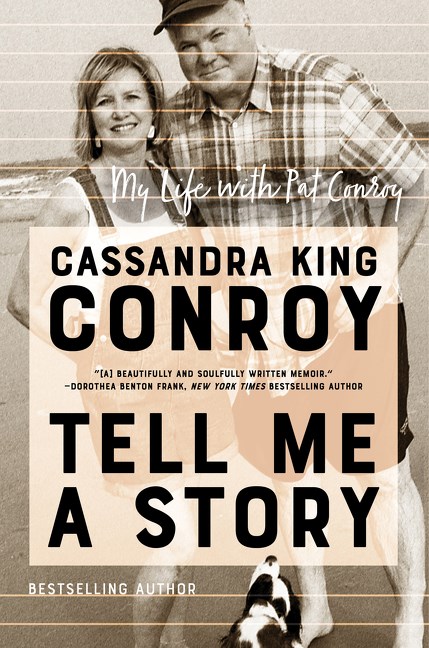
Tell Me a Story: My Life with Pat Conroy, by Cassandra King Conroy
In a moving tell-all, the widow of author Pat Conroy and an accomplished writer herself, Cassandra King Conroy reveals the charming story of the pair’s first meeting over the food table at a party, and details the life of love and literature they shared before Conroy’s death in 2016. Read an exclusive excerpt here.
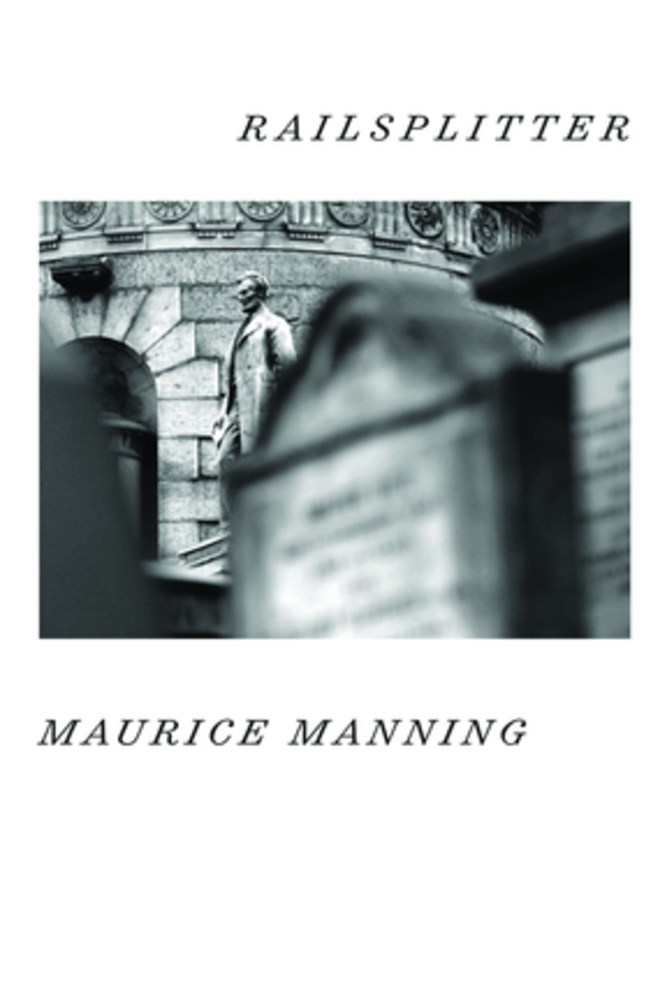
Railsplitter, by Maurice Manning
Poet Maurice Manning’s Our Kind of Place piece in a recent issue of Garden & Gun tells about the Kentucky warehouse workers who tuned his ear to the nuances of the English language. Find the Pulitzer-finalist putting those Southern rhythms to use in his latest collection of poetry, as when he writes in “On Silence”: Poetry is the art of silence, / the art of knowing when to stop / a word or phrase and let it hang / like a sheet billowing on the line.
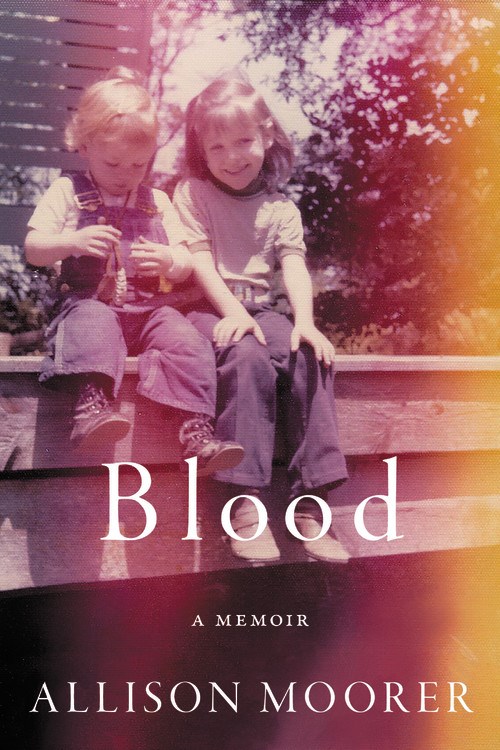
Blood: A Memoir, by Allison Moorer
Americana singer-songwriter Allison Moorer’s early life was marked by unspeakable tragedy when, near Mobile, Alabama, her father shot and killed her mother and then turned the gun on himself. Moorer has addressed the story through her music, including in her new album and in Silas House’s profile of her in G&G. Her book is a raw look at her parents’ deaths, but also a bittersweet homage to how they lived and inspired Moorer and her sister, the singer-songwriter Shelby Lynne, to wrap themselves in the healing power of music.


